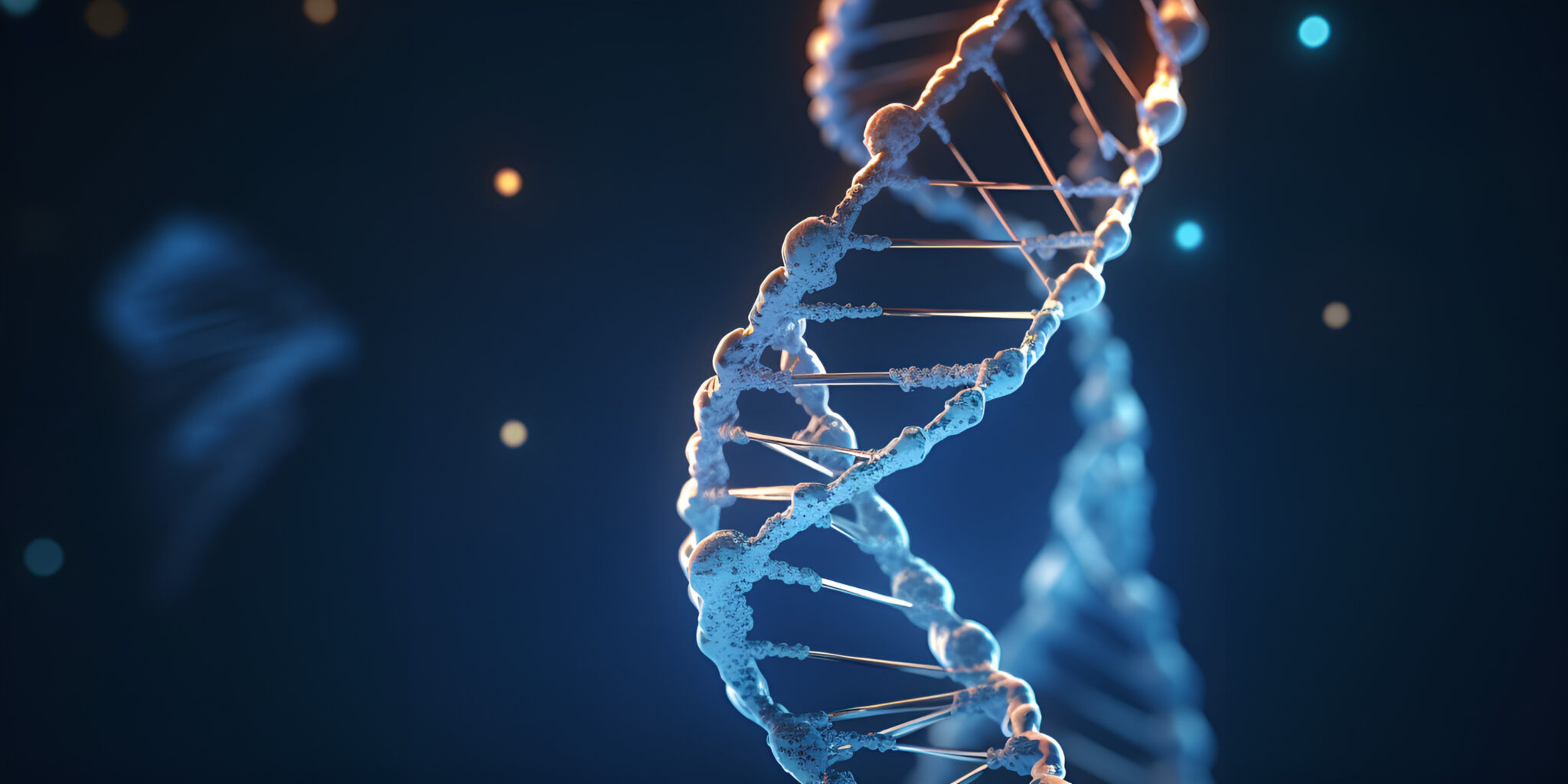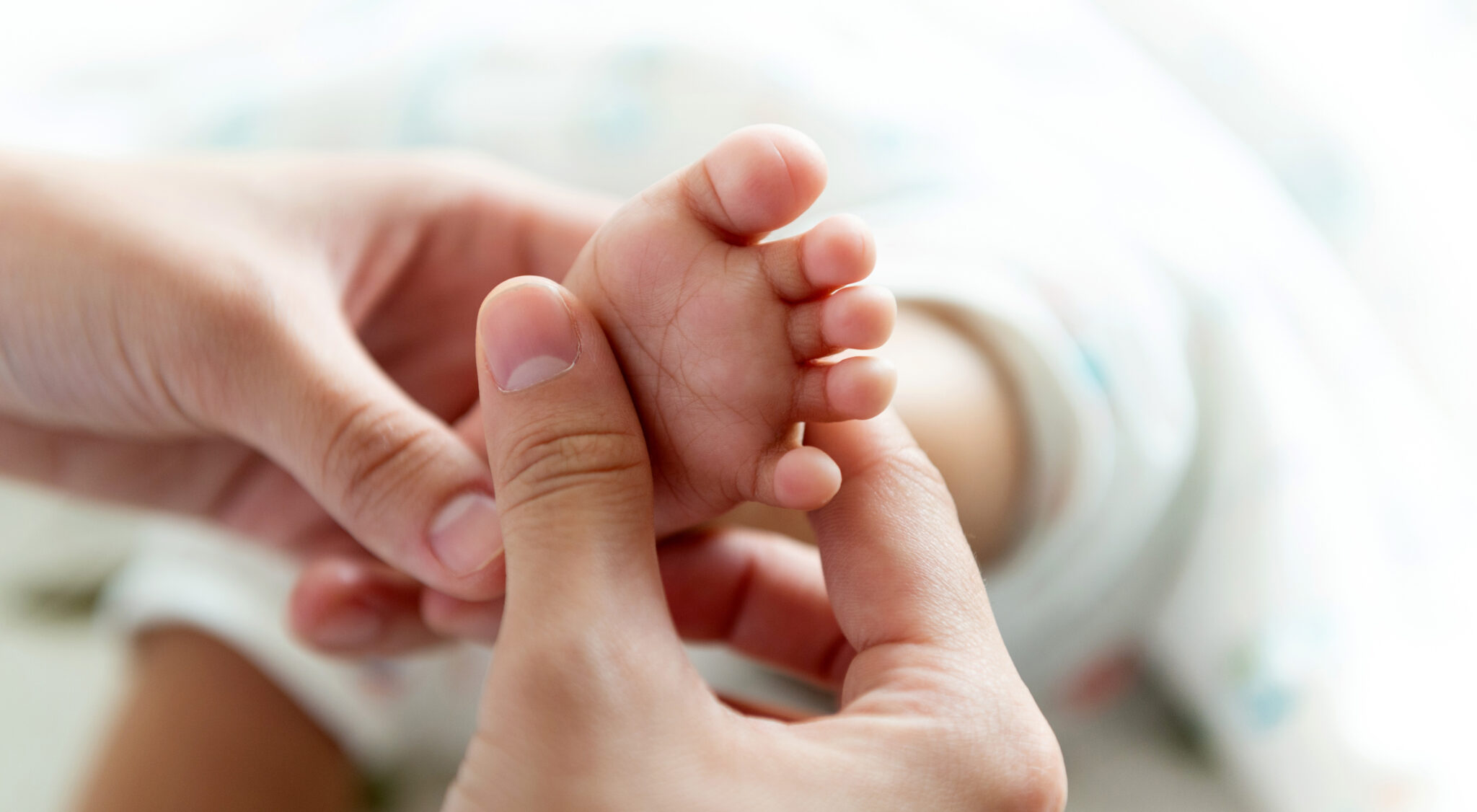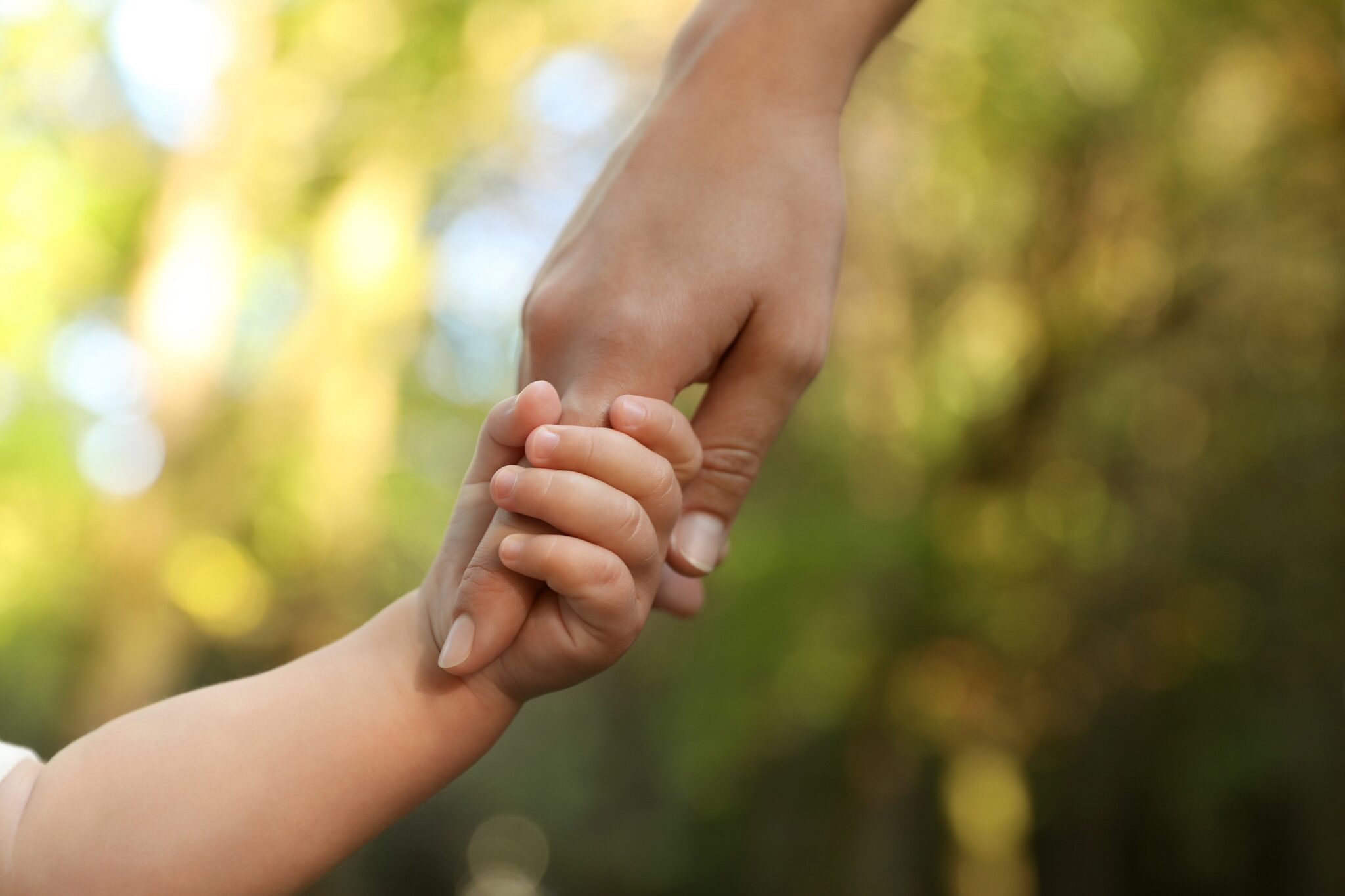When it comes to starting a family with assisted reproductive technologies, there are many options, including IVF and surrogacy. One option is to use donated sperm, egg or embryo to conceive a child.
If you are considering surrogacy to start a family, you can find more information here.
Donors, recipients, and donor-conceived children all have legal rights and responsibilities, so it’s important to understand the legal implications from using a donor or being a donor.
A key consideration when using a donor is whether or not the donor will be involved in the donor-conceived child’s life. The best way to document any agreement regarding involvement is through a Donor Agreement.
Who can be a donor
A donor can be a person known to an individual or a couple, such a friend.
However, a more common situation is when the donor is de-identified, meaning the identity of the donor is not known to the recipient(s) at the time of treatment. This is usually the case when using a donor through a fertility clinic for IVF.
In Victoria, donor-conceived children are entitled to information about the donor when they reach 18 years of age. This includes identifying information, such as name and date of birth, as well as non-identifying information, such as medical history.
Donors must consent to the release of their identifying information to any future donor conceived children at the time of their donation. Donors can also request information about donor-conceived children, however information will only be released with the child’s consent, and the parent/guardian of that child, if they are under the age of 18.
In Victoria, donating sperm or an egg is an altruistic act and it is illegal to pay a donor.
Who is the ‘Parent’
Parentage of children born from surrogacy arrangements is different to that of using a donor. You can find more information about surrogacy parentage here.
If a donor-conceived child is born with the assisted reproductive technology at a clinic, then that child’s parents are the person who biological mother carried the pregnancy, and their partner, if they have one, at the time of conception.
For example when a female same-sex couple use a sperm donor through IVF, the same-sex couple are the parents and can both be registered on the birth certificate.
However, if conception has been without the assistance of assisted reproductive treatments, or if a known donor has an ongoing relationship with the donor-conceived child, then the donor may have an ability to seek parenting orders for that child in the future.
The recent High Court case of Massons v Parsons & Ors [2019] has given sperm donors the ability to seek parenting orders from the Family Court, even when they are not considered a parent from the birth of the child.
Ultimately, using a de-identified donor through a fertility clinic, this is safest way to ensure the parentage of a child is clear, as the de-identified donor has no legal rights or responsibilities for the child.
If a legal dispute does arise with a known donor, a Donor Agreement can be evidence as to the intention of the parties at the time of conception.
Donor Agreements
Donor Agreements are a written document that record the intentions of the parents and/or donor about the role of the parents and the relationship, if any, that the donor is to have with the child. They are particularly useful for parties who use known donors. They are not however legally binding on the parties that enter an Agreement.
Should I have a Donor Agreement?
Whilst Donor Agreements are not legally enforceable, they are helpful as they provide parties with the opportunity to consider their interests and make informed decisions, reducing the risk of conflicts arising in the future.
The types of issues that can be included in a Donor Agreement are:
- Fertility counselling;
- Method of insemination, i.e. IVF;
- Disclosure about health issues;
- How public or private will the arrangement be with family and friends;
- If, when and how will the child be told about their conception;
- What will be the donor’s role in the child’s life, including how often they will see the child and how they will be identified to the child;
- Will there be an exchange of information, such as regular photos, and updates on how the child is progressing; and
- How problems between the parties should be addressed, such as mediation or counselling.
How can we help
If you are considering using a donor to start a family or donating a sperm, egg or embryo, our Family and Relationship Law Team can provide you with specialised advice regarding your legal rights and responsibilities.













